Zac Schultz:
Now to racial justice issues. Last week, we spoke with Republican Representative Jim Steineke about the special task force he’s leading on racial disparities. He said a Democrat would be announced as co-chair this week. And that is Democratic State Representative Shelia Stubbs who joins us from Madison along with Representative Steineke, who’s in Kaukauna. Thank you both for your time.
Shelia Stubbs:
Thank you.
Jim Steineke:
Thank you.
Zac Schultz:
Representative Stubbs, let’s start with you. Democrats were extremely critical of the creation of this task force instead of voting on the bills Governor Evers has proposed. So why are you a part of it now?
Shelia Stubbs:
First of all, thank you for giving me this opportunity to be interviewed. This is important. As an African-American woman, as a legislator, someone who’s representing Madison, someone who has personally had a personal experience of being profiled, it’s about saving lives. It’s about getting common sense bills passed in the Legislature that we know will be impactful to our constituents. Let me be clear. What was really attractive to me when Representative Steineke asked me to be the co-chair, he said, “Hey, we’re going to check our politics at the door. We’re going to go to work on behalf of the people across the state of Wisconsin and we’re not going to do it by ourselves. Let’s bring in faith-based. Let’s bring in not-for-profits. Let’s bring in grassroots organizers. Let’s bring in the public health department. Let’s bring in law enforcement. Let’s all sit at the table and craft meaningful resolutions or meaningful bills that we have consensus that we can pass in January.” Let’s be clear. We need to pass these bills because it’s going to make a difference across the state of Wisconsin.
Zac Schultz:
Representative Steineke, how important is it to have a woman of color co-chairing this committee? What legitimacy does she bring to this?
Jim Steineke:
Well, it’s incredibly important to have Representative Stubbs as part of this. When the creation of the task force first came up, I raised my hand to volunteer for it, quite honestly the partner that I really wanted was Representative Stubbs because I know we have a good relationship. I know she’s been frustrated by the fact that we didn’t come in and immediately pass those bills. I know she knows that we were frustrated with how Governor Evers put those bills out there. But the nice thing is I know working with Representative Stubbs, we both can set those things aside and then move forward together with people from the private sector, like she said, faith-based communities, law enforcement and others, to really come to a bipartisan consensus on this issue.
Zac Schultz:
Representative Stubbs, if any of these ideas are going to become law, there will have to be a lot of compromise. Do you think Democrats will be willing to vote for what they may feel is a watered-down version of a bill?
Shelia Stubbs:
Well, I think what’s really important is we come together with a bipartisan piece of legislation. It’s not just a Republican voice. It’s not just a Democrat voice. It is a community voice and I think that’s what’s really going to be the driver in this conversation. And people know my values and my beliefs. I’m going in that room on behalf of the people I represent and I’m coming out of that room with Representative Steineke and those on this task force with a consensus of bills that’s going to move us forward across the state of Wisconsin. I know my colleagues trust me and I trust myself. And I know what I’m talking about when I talk about racial disparities and as a victim of racial disparity. This state is the worst state for a black person to live in. That is disturbing. That is unacceptable. Let’s do something about it. So I’m willing to come to the table with other who have different viewpoints to make the best of the situation.
Jim Steineke:
Just to push back a little bit on that, Zac, as far as the concept that these bills would somehow be watered down, that’s not what we’re looking for. What we’re looking for is just bipartisan consensus and work on this where we’re taking not only the ideas Democrats proposed in June, but the ideas that Republicans proposed just a couple of weeks ago along with initiatives by the Wisconsin Professional Police Association and other reforms from across the country. So it’s important that we don’t talk about this as being watered down because that’s not the goal here. The goal here is to get real reforms done working together to show the state that we can still solve big problems working together from the very beginning all the way through to the end of hopefully passing and getting these bills signed into law.
Zac Schultz:
But —
Shelia Stubbs:
And also, Zac, I think also to add on to what Representative Steineke said, I think the nation is going to be watching Wisconsin and I think we are going to be a trailblazer for what criminal justice reform should look like across this nation.
Zac Schultz:
All right. Representative Stubbs then, what would you consider success? What’s the bare minimum in terms of legislation that needs not only to be passed but signed into law?
Shelia Stubbs:
Absolutely. I think excessive use of force is a reality. We must talk about the need to address that. I think no chokeholds, no-knock warrants must be addressed considering what’s happened across our nation. In addition, I personally want to make sure we’re addressing profiling. You know, this state having the worst disparities for black people, we must address these initiatives and these issues. And I am hopeful because I wake up optimistic. I’m hopeful because I truly believe my colleague, Representative Steineke, is going to do absolutely his best to work with the Republicans. I’m going to do my best to work with the Democrats. When we go in that room and work with communities, we cannot fail. Failure cannot be an option for us.
Zac Schultz:
Representative Steineke, just a few seconds left but your reaction. What is the minimum that needs to happen for this to be a success?
Jim Steineke:
I don’t want to go in prejudging anything. I want to go in and do more listening than I do talking. I see my role especially as a facilitator. Representative Stubbs brings more experience to this issue than I do. So I’m going to help try to bring all sides together so we can come up with a package that has some real strong reforms in there.
Zac Schultz:
All right. Well, thank you very much to both of you for your time today.
Shelia Stubbs:
Thank you.
Jim Steineke:
Thanks, Zac.
Search Episodes
News Stories from PBS Wisconsin
09/10/25
Federal funding to programs to support students with deafblindness cut in Wisconsin and other states
09/09/25
Worker’s compensation payments to the severely injured in Wisconsin haven’t increased since 2016
09/08/25
Wisconsin legislative feud erupts in public with lawmaker accused of threatening fellow legislators

Donate to sign up. Activate and sign in to Passport. It's that easy to help PBS Wisconsin serve your community through media that educates, inspires, and entertains.
Make your membership gift today
Only for new users: Activate Passport using your code or email address
Already a member?
Look up my account
Need some help? Go to FAQ or visit PBS Passport Help
Need help accessing PBS Wisconsin anywhere?

Online Access | Platform & Device Access | Cable or Satellite Access | Over-The-Air Access
Visit Access Guide
Need help accessing PBS Wisconsin anywhere?

Visit Our
Live TV Access Guide
Online AccessPlatform & Device Access
Cable or Satellite Access
Over-The-Air Access
Visit Access Guide
 Passport
Passport
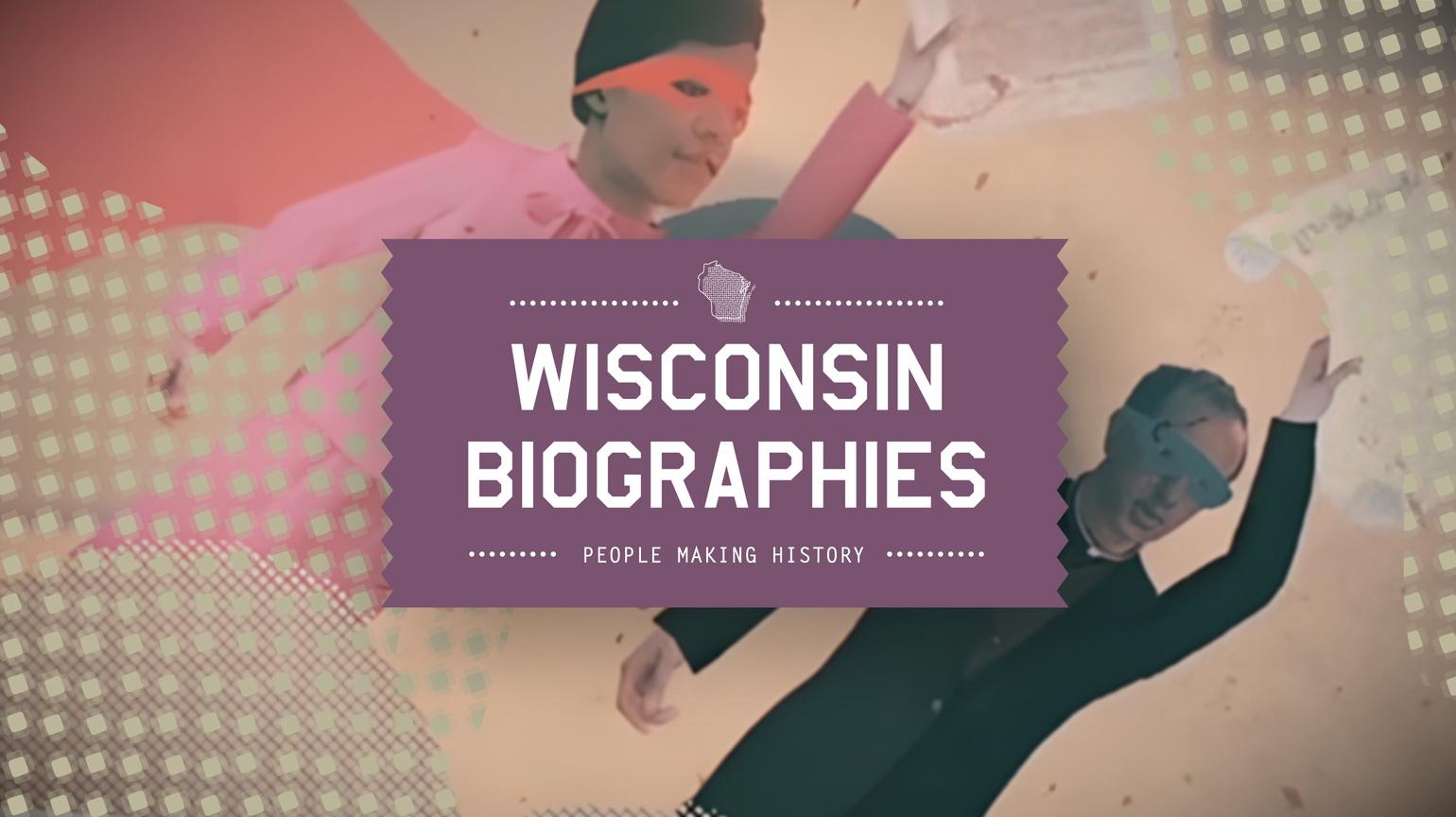

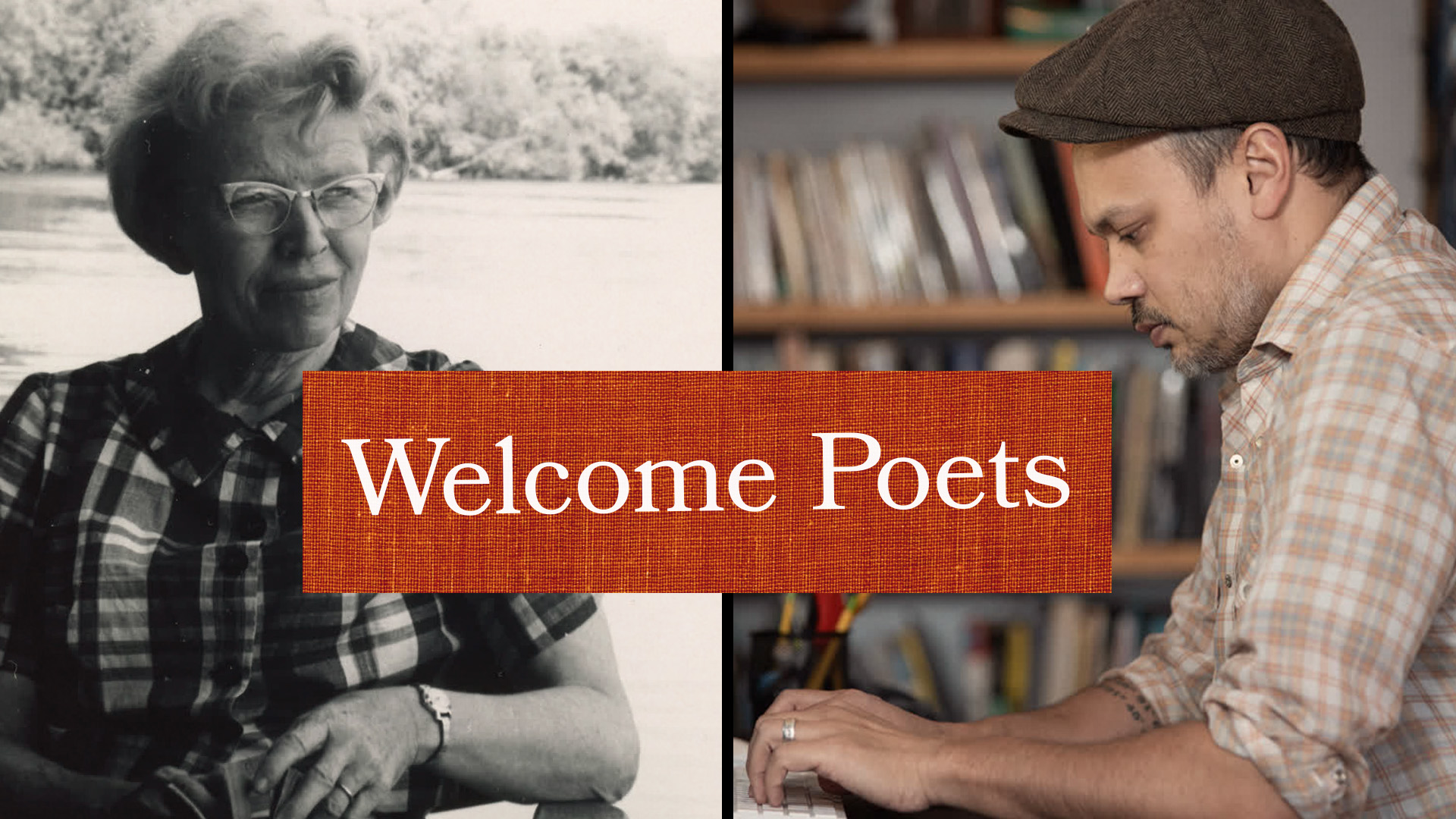
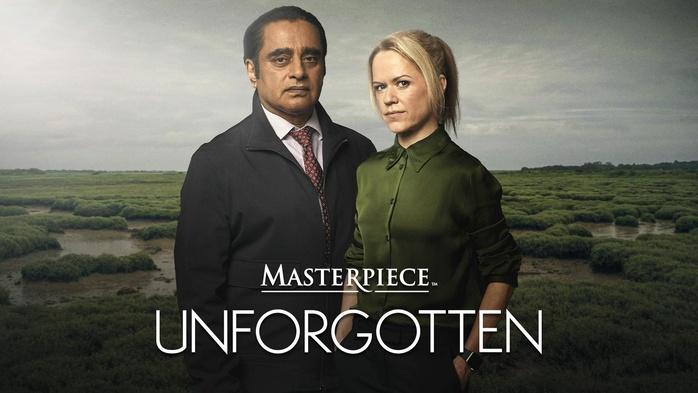



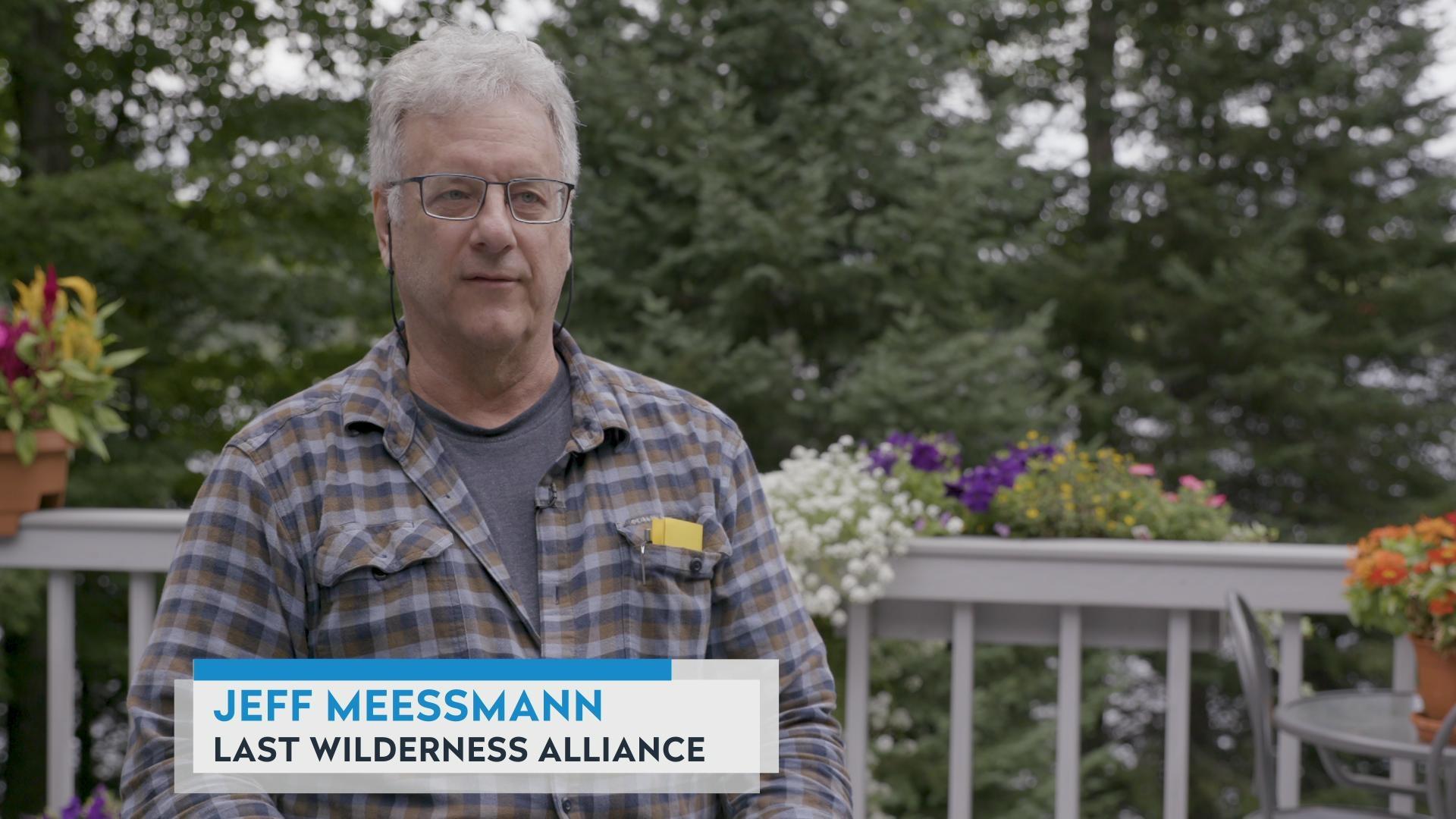
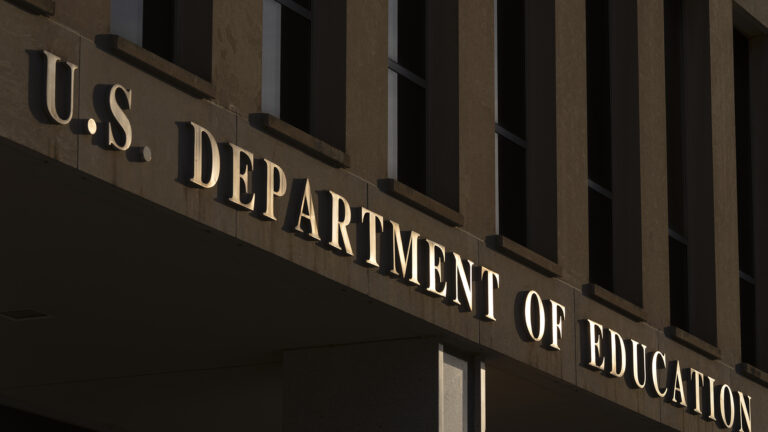

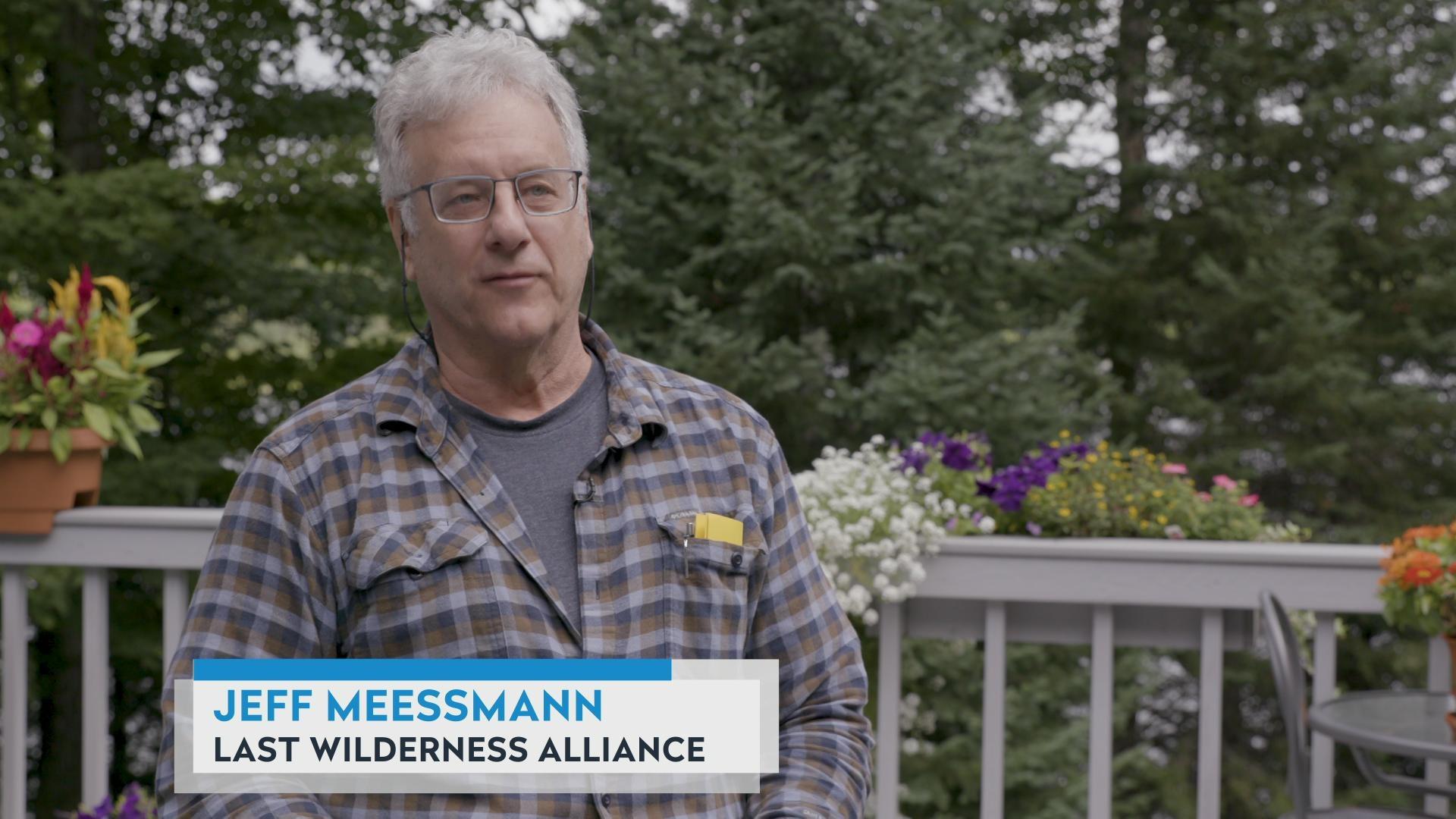
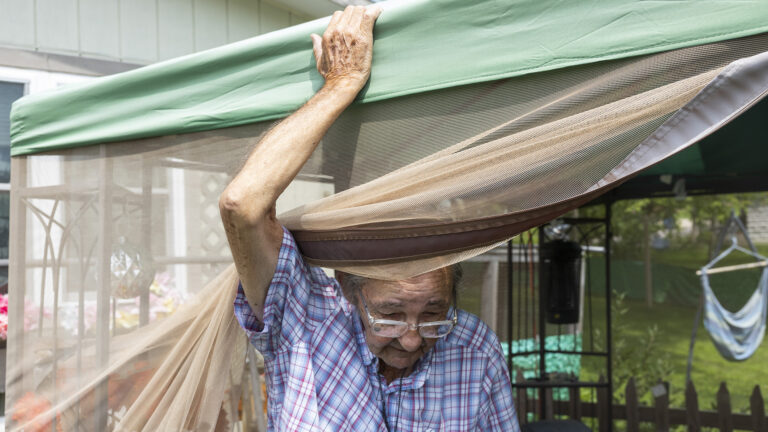
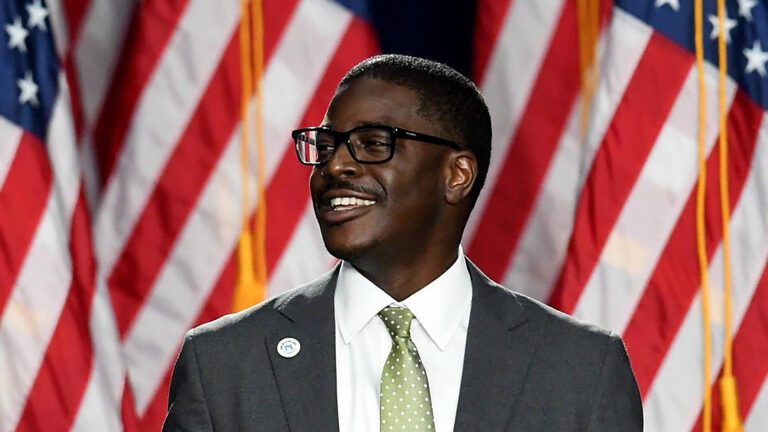

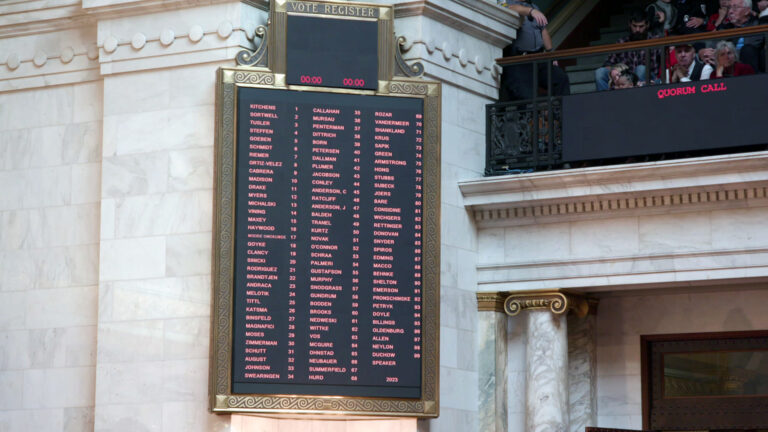
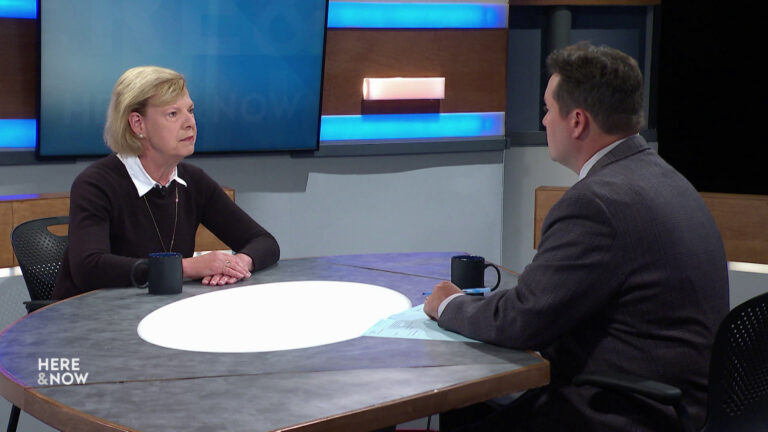
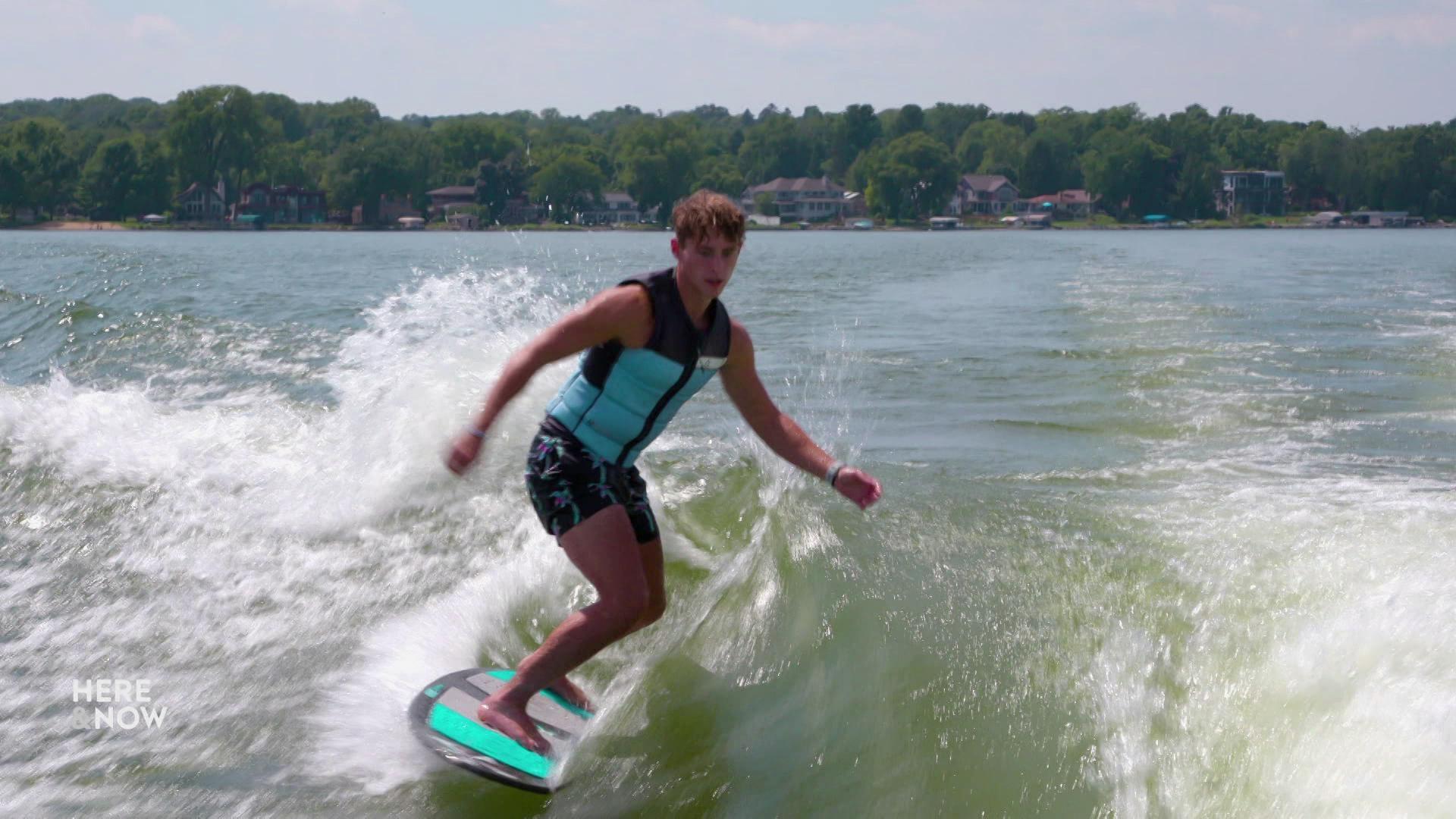

Follow Us